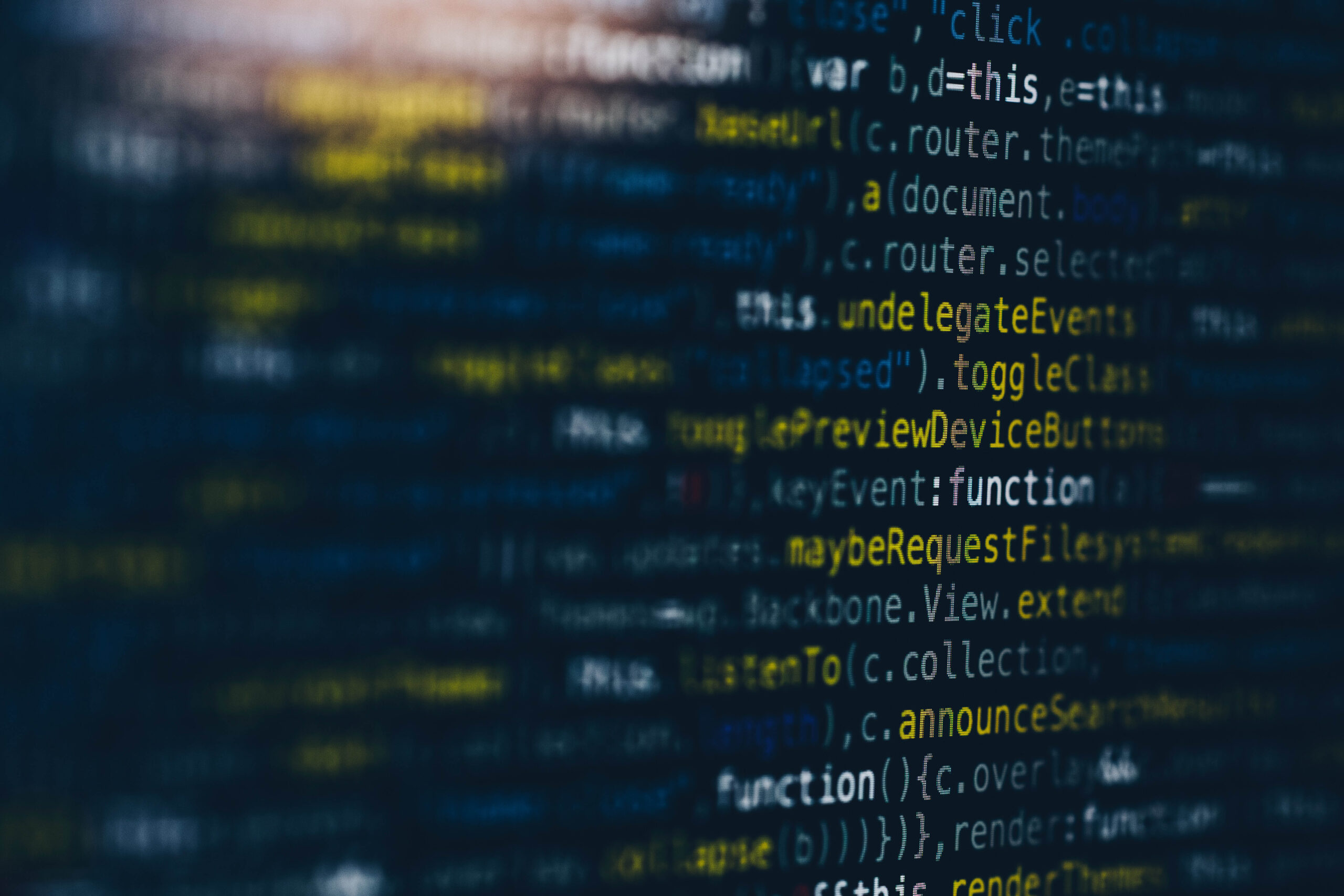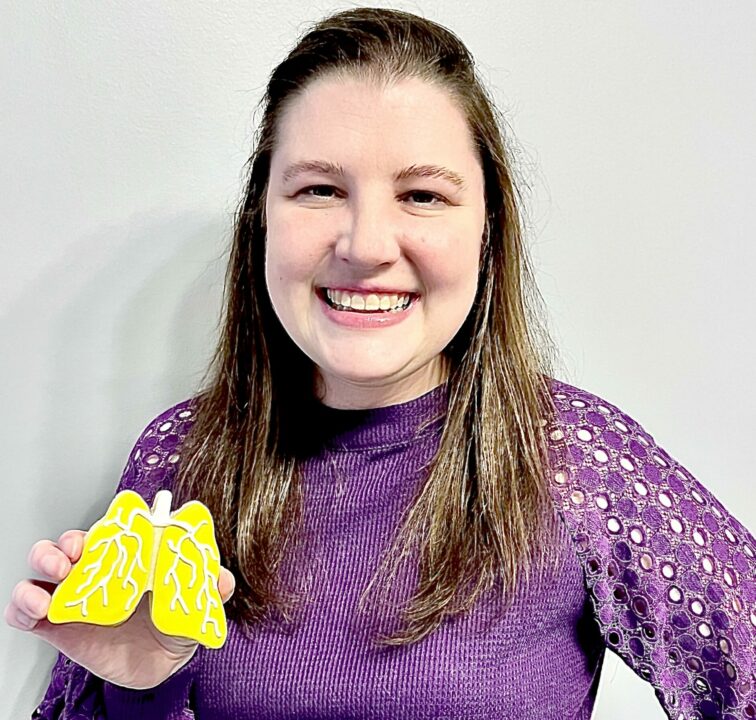Authored by Cello Health, now part of Lumanity
Transparency of data is an important topic in any field, but in healthcare it is paramount to ensuring that we get the very best outcomes for patients – because at the end of the day, why else do we all work in the healthcare setting? I’ve been an advocate of data transparency in medical communications for as long as I can remember and I continue to shout about the need to publish more real world/market research data to further our understanding of patient pathways – the emotive side as well as the bare bones facts. But does the rise of social media, especially in the current COVID-19 environment, threaten some of the work the medical publications sector has done? We have after all come a really long way in promoting data publication and transparency.
The Woozle effect was brought to my attention a few weeks ago by one of my colleagues.
This is the definition from an article by Colleen Sharen:
‘Over time, the Woozle effect has become a term that means evidence based on citation, when the evidence in the citation is weak. (In rhetoric, a citation is usually considered an appeal to authority). Over time, we see a citation of a study so many times, that it leads people to believe a fact when it actually lacks evidence. It is a claim not supported by original findings. Often this happens in the popular press, or on the internet where a study is cited to support an argument, yet the original study lacks evidence or has flawed methodology, lack precise definitions, or misrepresent the conclusions.’1
Does this phenomenon when trending through our social media challenges undo a lot of what we have worked so hard to achieve? And as we have a responsibility to patients to improve healthcare, how do we ensure that we counteract this ongoing challenge?
My call to action for you all is to check, check and double check the source data of what you share, not just in your work life but in your home life too. And challenge the Woozle effect if you see it happening – ask questions, share the source data and help the world with their interpretation, because not everyone has had the luxury of a healthcare-world education that you acquire working in this sector. We can all make a difference if we want to.
‘When we are making decisions we need to use reliable information. The only way to determine if the information is reliable is to read the original studies, not to rely upon the newspaper or magazine’s interpretation of these studies. We need to ask all the right questions – does the study use a flawed sample? Use a very small sample? Cite original research? Interpret correlation as causation? If the evidence is weak, the decision could be too. So be on the look out for the Woozle Effect.’1
Reference
- Sharen, C. The Woozle Effect. Thinking is Hard Work. 2014. Available at: https://colleensharen.wordpress.com/2014/07/21/the-woozle-effect/









